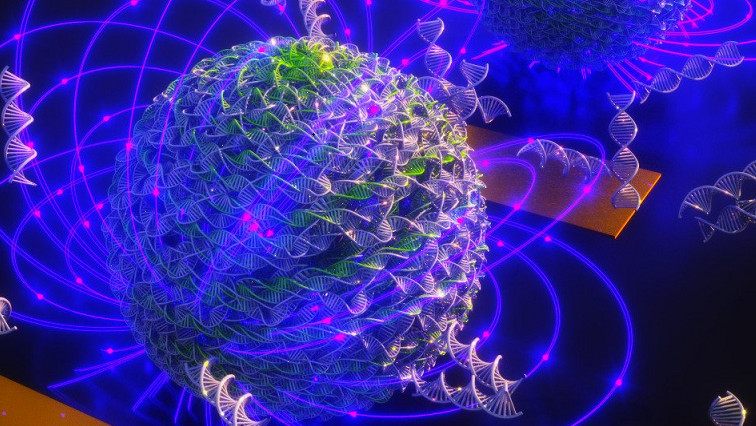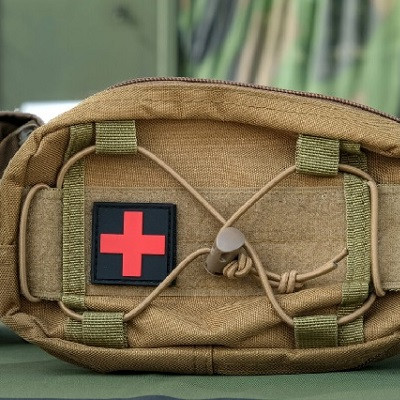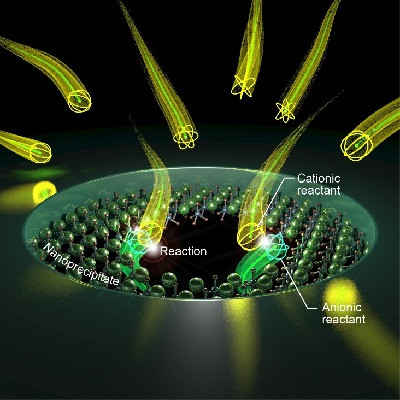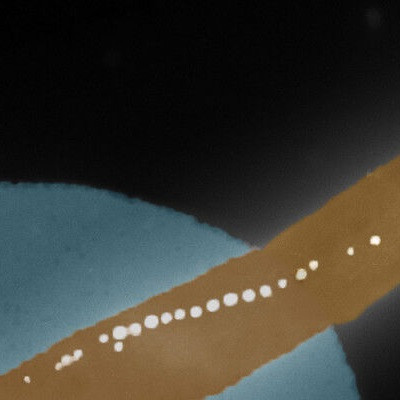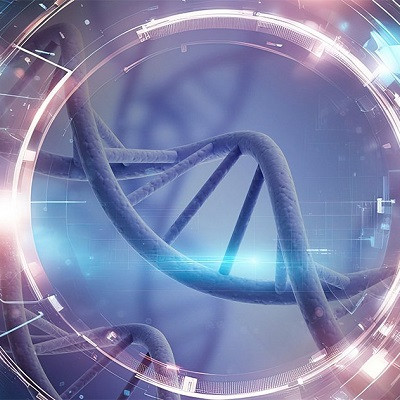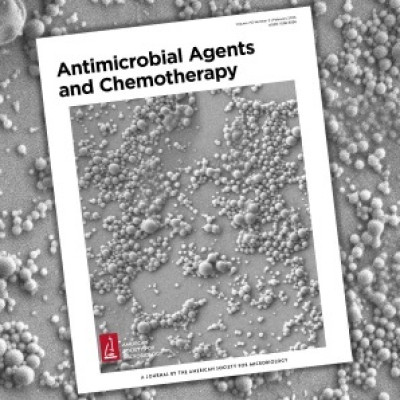Principal investigator Vicent Pelechano, an associate professor at Karolinska Institute’s Department of Microbiology, Tumor and Cell Biology, is cautiously optimistic about the technology's potential to detect an array of pathogenic agents in real world settings.
“The methodology involves combining Molecular Biology (DNA Nanoball generation) and electronics (electric impedance-based quantification) to yield a pioneering detection tool”, says Vicent Pelechano.
The researchers modified an isothermal DNA amplification reaction termed LAMP to generate tiny 1-2μM DNA nanoballs if the pathogen was present in the sample. These nanoballs are then directed through minute channels and identified electrically as they traverse between two electrodes. The method has demonstrated remarkable sensitivity detecting as few as 10 target molecules and rapid results under one hour, using a compact, motionless system.
“Fast and accurate detection of genetic material is key for diagnosis, especially so in response to the emergence of novel pathogens”, says Vicent Pelechano.
The new method could hasten rollout of diagnostic kit
During the recent COVID-19 pandemic the researchers saw an extensive use of protein-based diagnostics for rapid testing. However, these methods require time-consuming development of high-quality antibodies. In contrast, nucleic acid-based approaches offer greater ease of development, enhanced sensitivity, and inherent flexibility, according to the researchers. This new method, offering label-free detection could hasten the rollout of new diagnostic kits. Integrating affordable mass-produced electronics with lyophilized reagents, the technology possesses the potential to provide a cheap, widely deployed and scalable point-of-care device.
The team commenced this work as an extension of their previous endeavors in LAMP (Loop-Mediated Isothermal Amplification) based detection of SARS-CoV-2 during the pandemic.
Presently, the research team is actively exploring avenues to integrate this technology into domains such as environmental monitoring, food safety, virus and antimicrobial resistance detection. The team is also exploring avenues for licensing or potentially establishing a startup to capitalize on this technology, having recently applied for a patent for the technology.
Read the original article on Karolinska Institutet.

